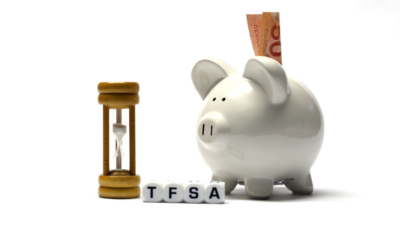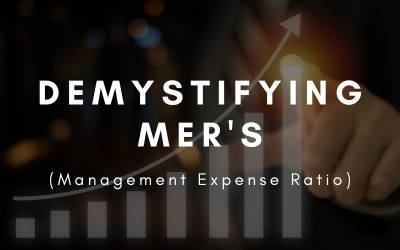Business Continuation

Business Continuation
Minimize the risk if death, disability or critical illness were to happen to a key person or shareholder of the business.
Who's this for?
- Key Person
- Shareholder
- Buy Sell Arrangement
- Business Loan/Overhead Risk
Benefits
- Retain Key Employees and Shareholders
- Minimize the impact on your business if key employees, shareholders or business owners were to become disabled, critically ill or die
- Retire or lower debts if key employees, shareholders or business owners were to become disabled, critically ill or die
Latest News
Understanding Tax-Free Savings Accounts (TFSAs)
A Tax-Free Savings Account is a powerful tool to help you achieve your financial goals. Whether you’re saving for a new home, planning for retirement, or investing in your children’s education, a TFSA can be a valuable part of your financial strategy. The flexibility and tax advantages it offers make it a great choice for many Canadians.
Remember, the sooner you start, the more time your investments have to grow tax-free. Every dollar counts when you’re planning for the future, and a TFSA can help you make the most of your savings.
Don’t wait until tomorrow to start planning for your future. Contact us today to begin your journey to financial security today.
Different types of life insurance explained
Whether you already have life insurance or are looking to get some, it’s essential to be familiar with the four most common kinds of life insurance available. Getting the best type of life insurance for you ensures that you are getting the coverage you want while providing financial protection for you and your family. These are the four most common kinds of life insurance:
• Term life insurance
• Permanent life insurance
• Participating life insurance
• Universal life insurance
Demystifying MER’s (Management Expense Ratio)
Investing in a fund involves knowing its associated costs, and the Management Expense Ratio (MER) is a crucial factor to consider. The MER is a percentage of the total assets in the investment fund that covers the fund’s operating and management costs. It’s important to note that the MER is subtracted from your investment returns, so a higher MER will result in lower net returns for you. For example, if a fund’s expenses amounted to 2% of its assets, its MER would be 2%. It’s crucial to understand the MER of a fund to make informed investment decisions and ensure that you’re getting the most value for your money. In this article and infographic, we will break down the various components of the MER to help you better understand it.



